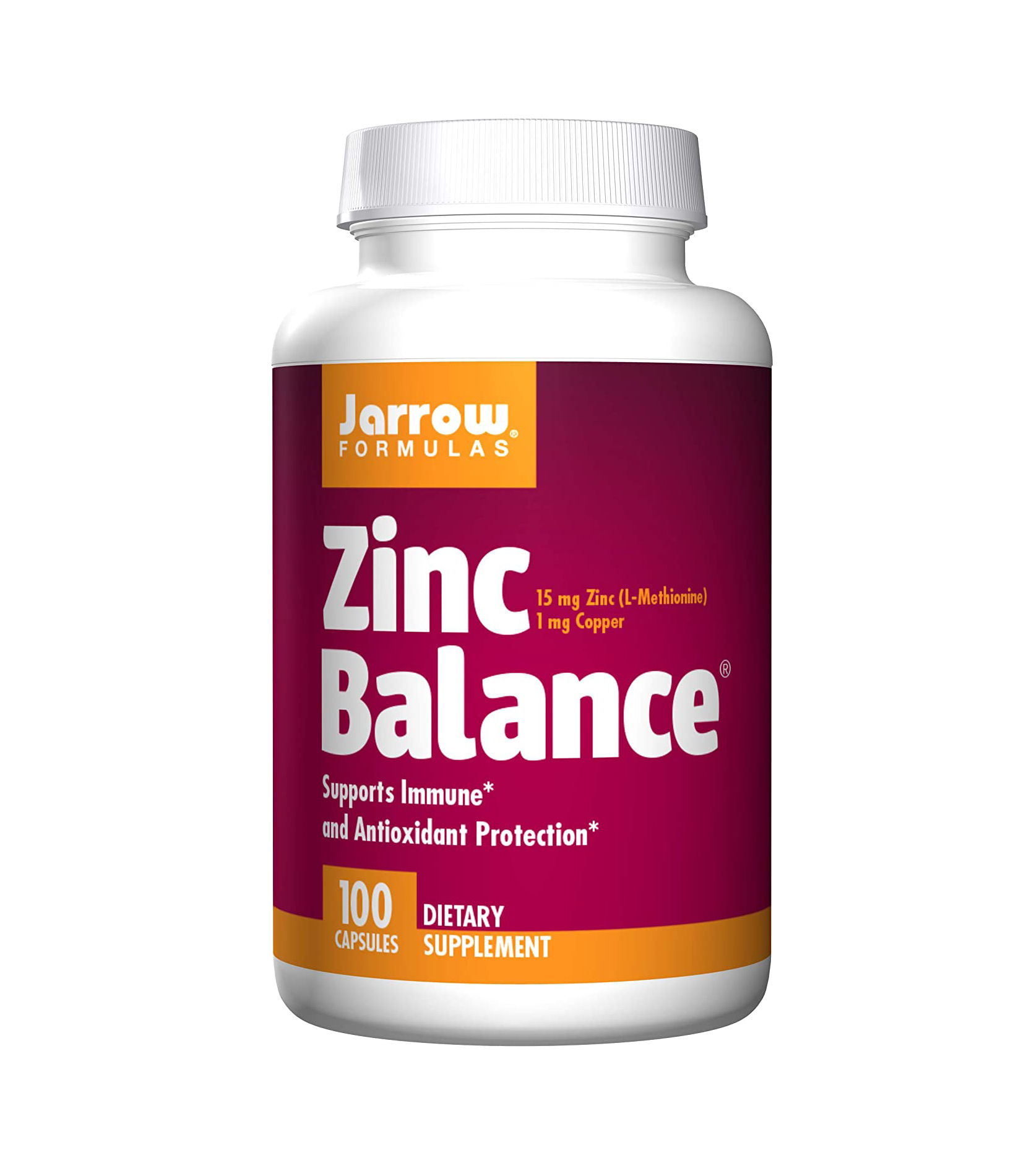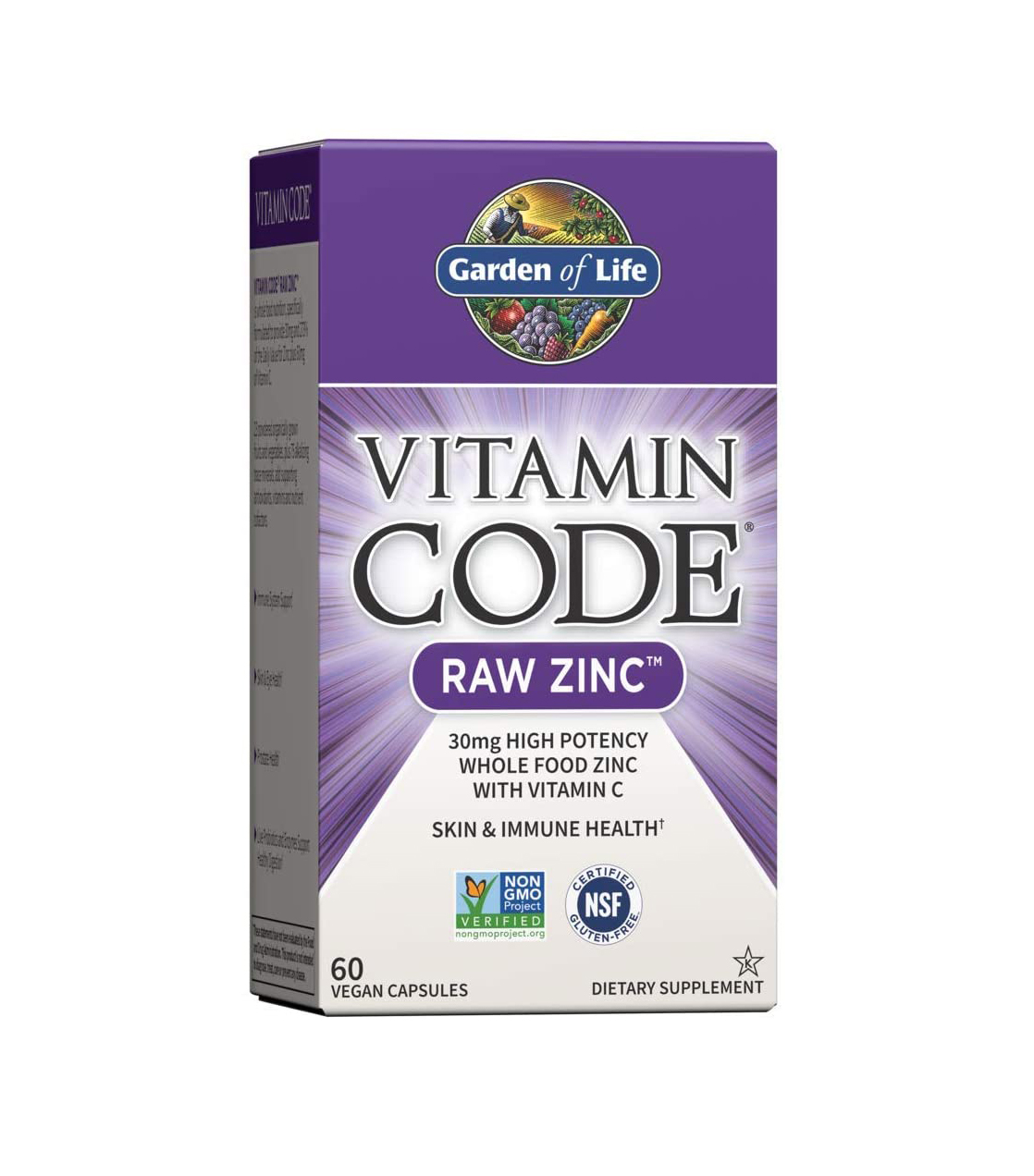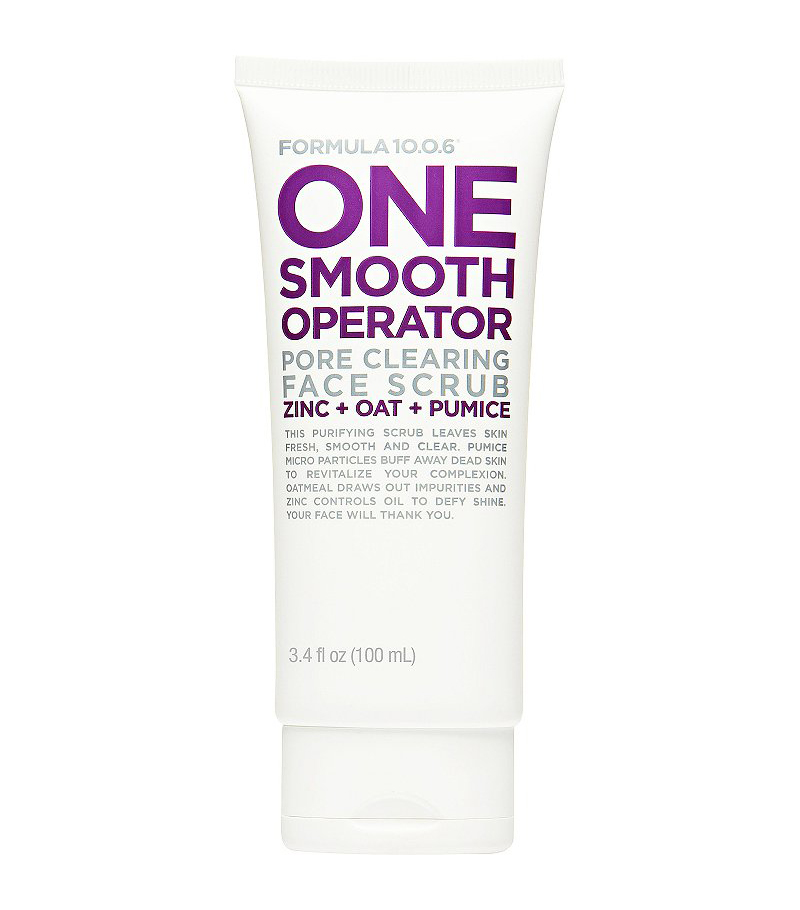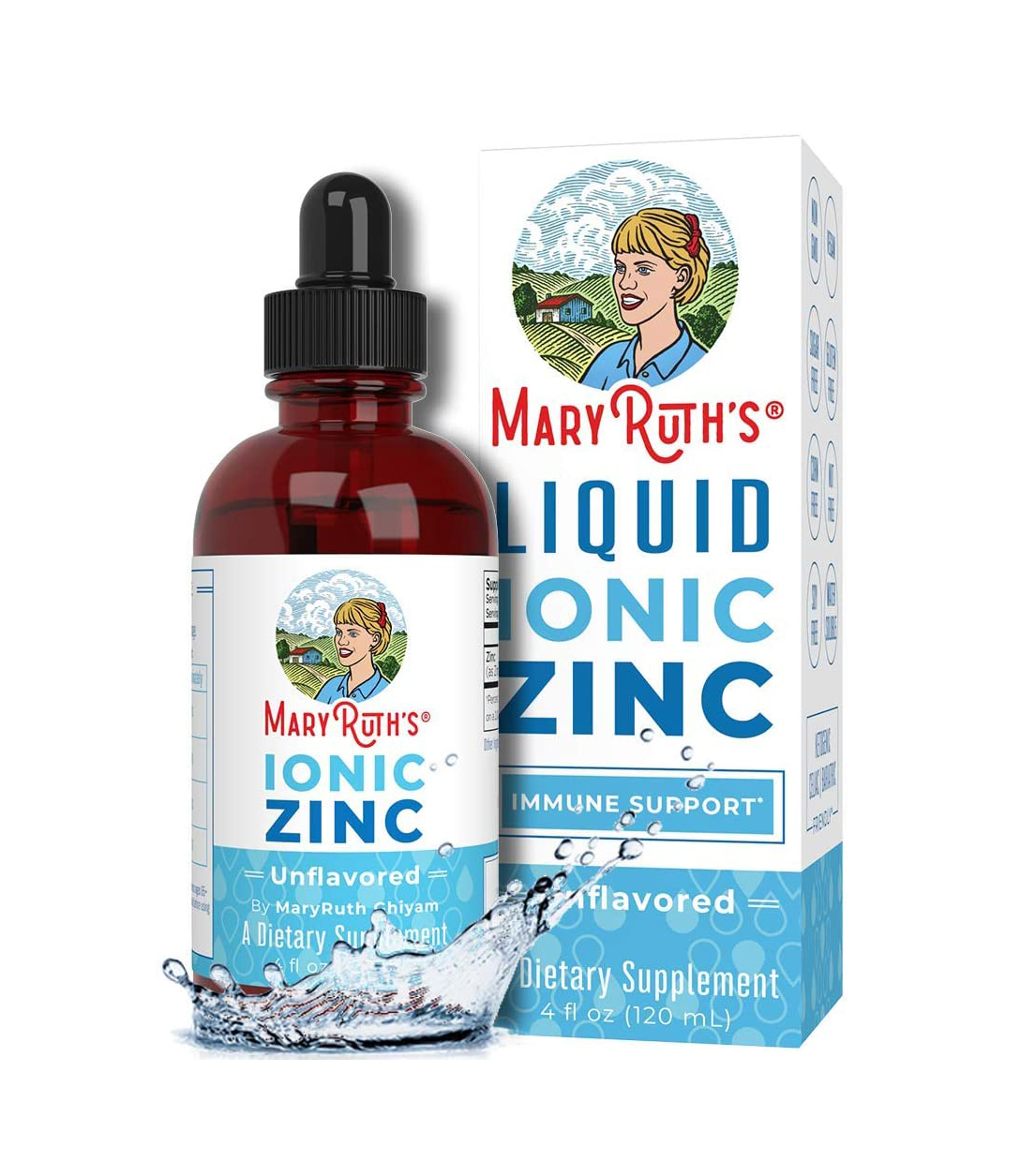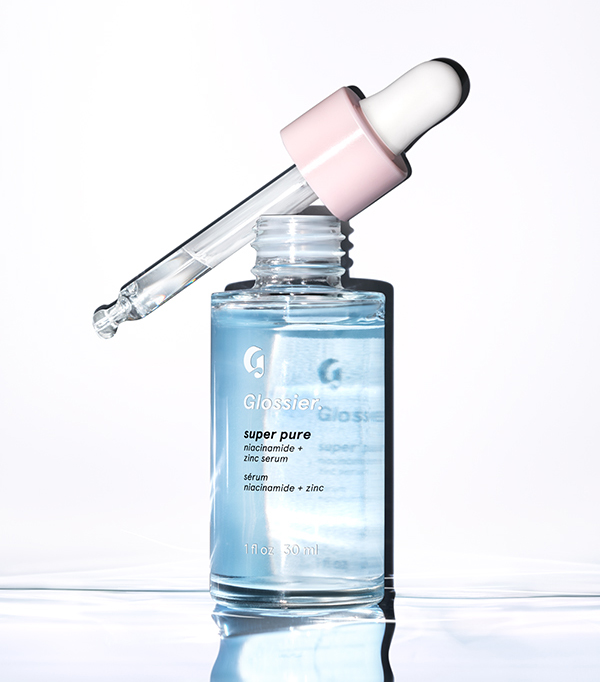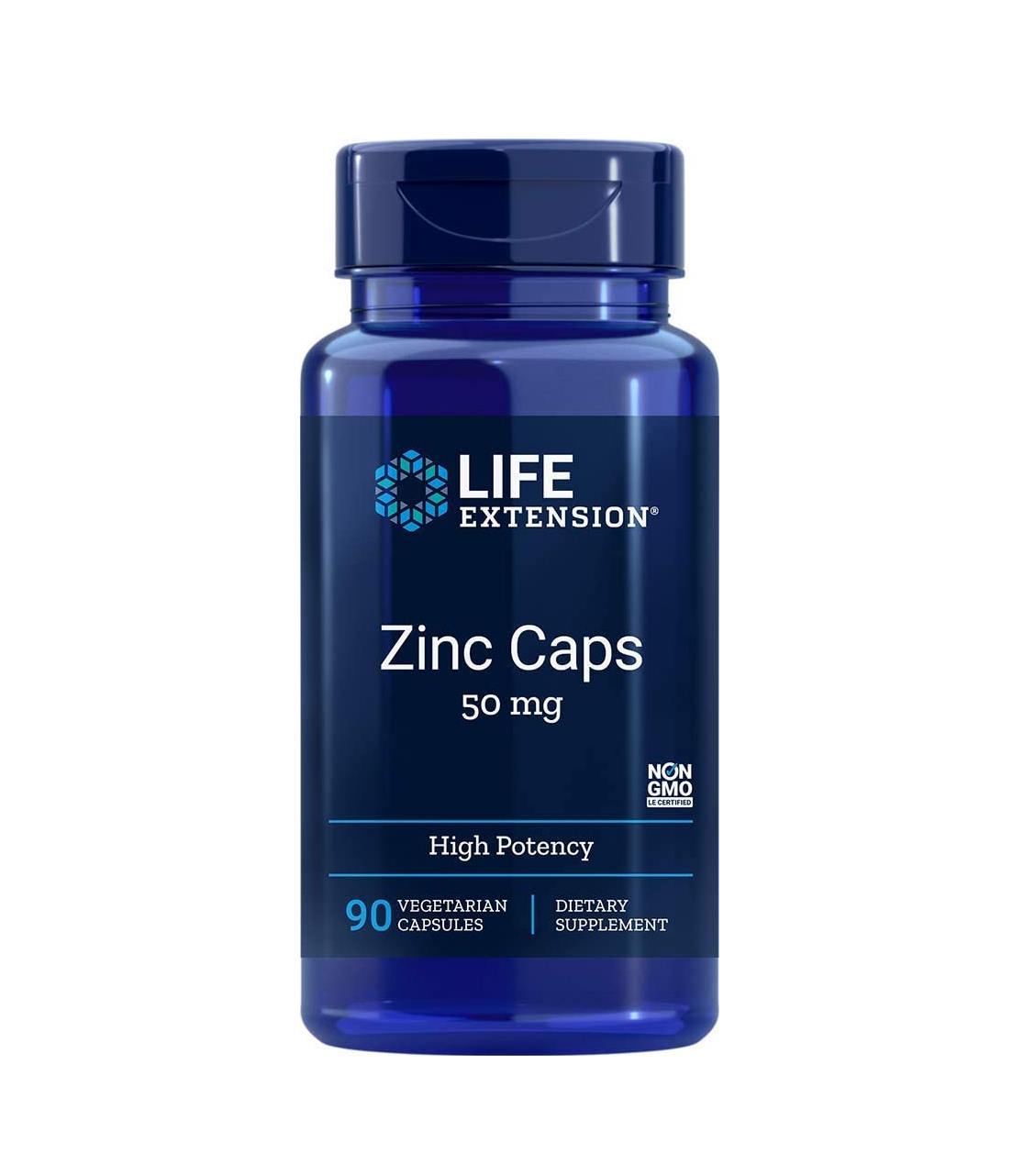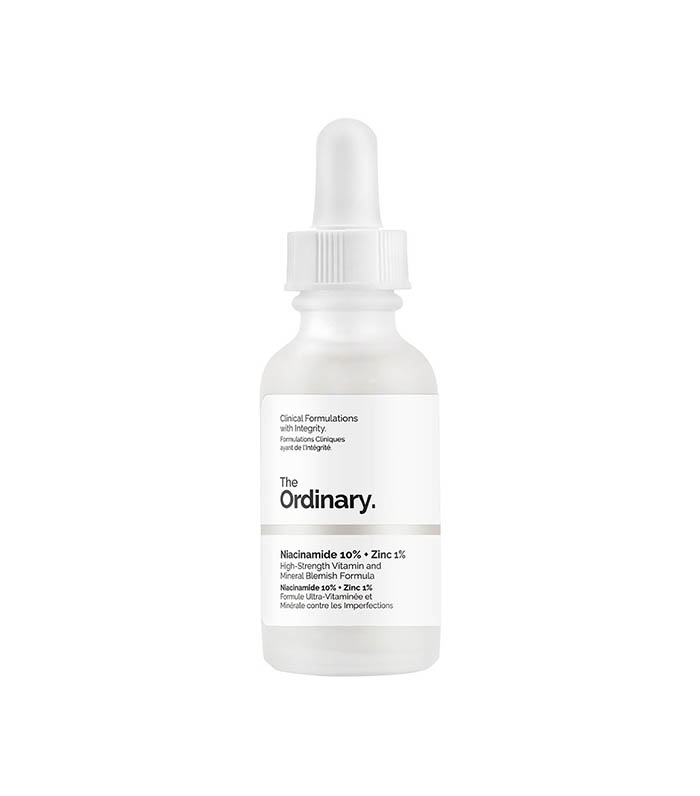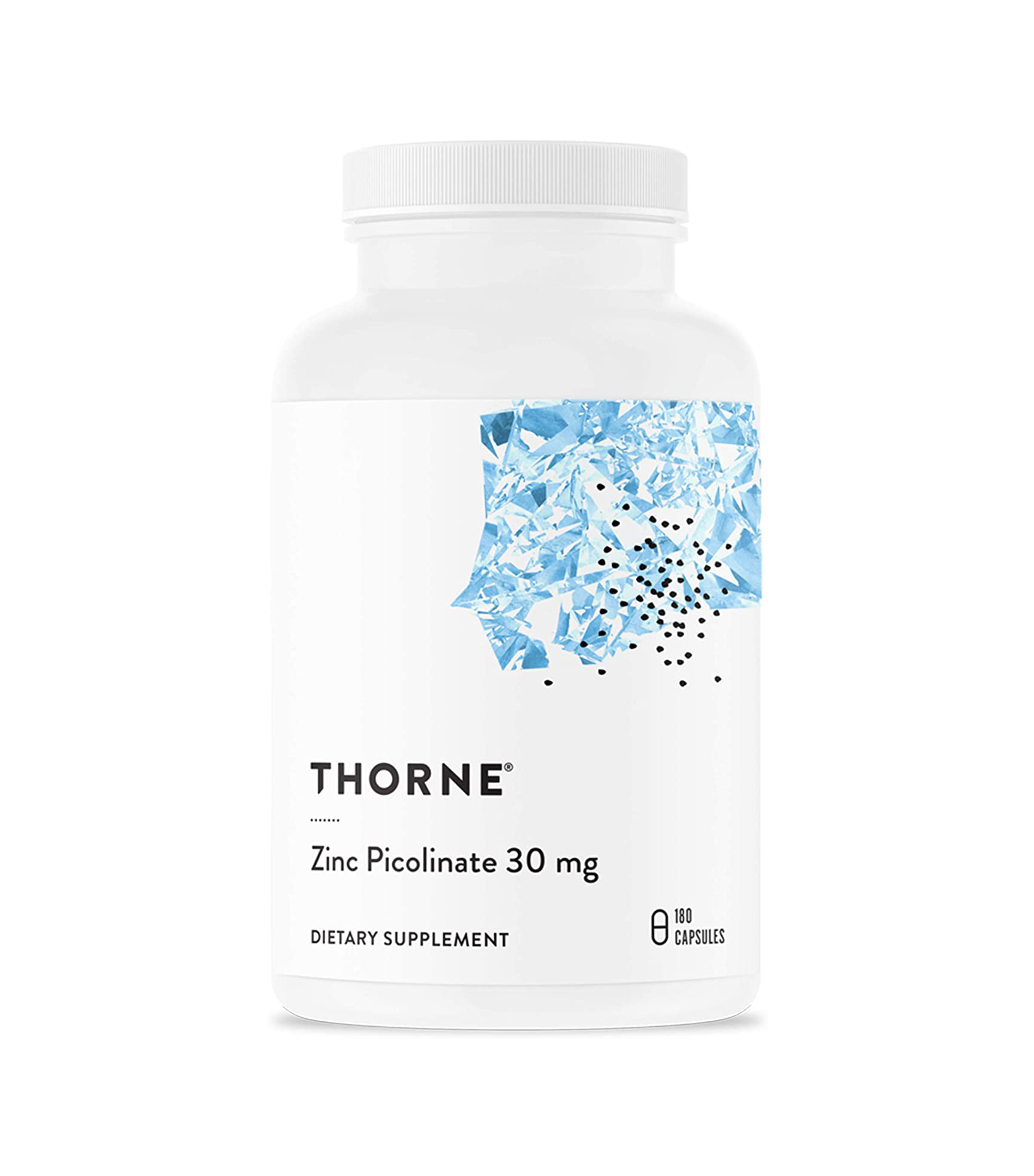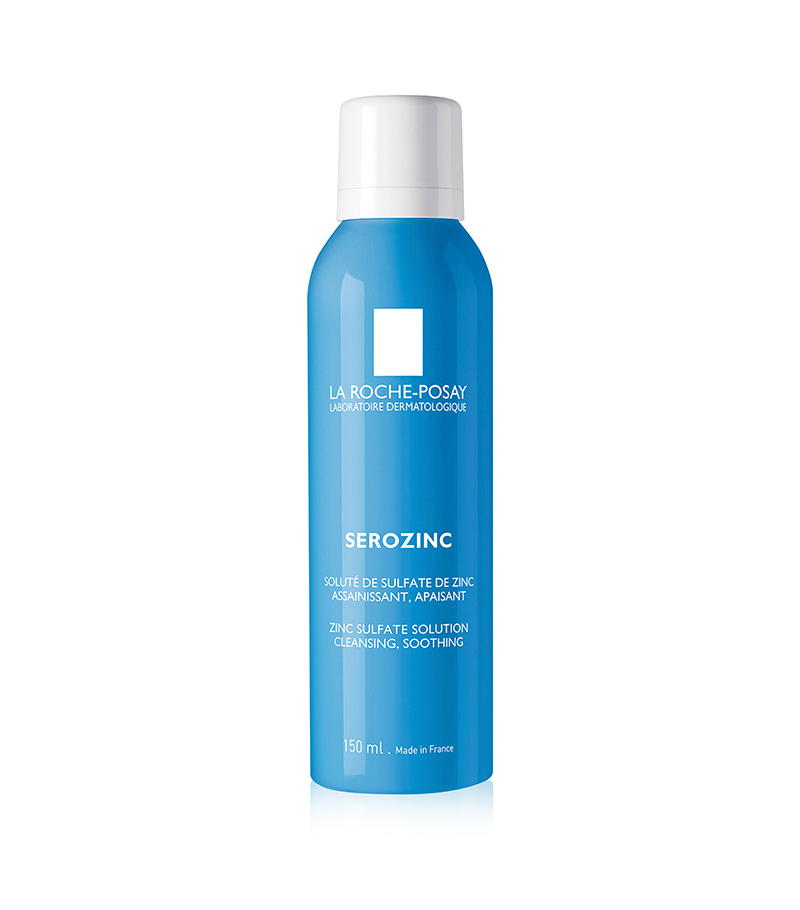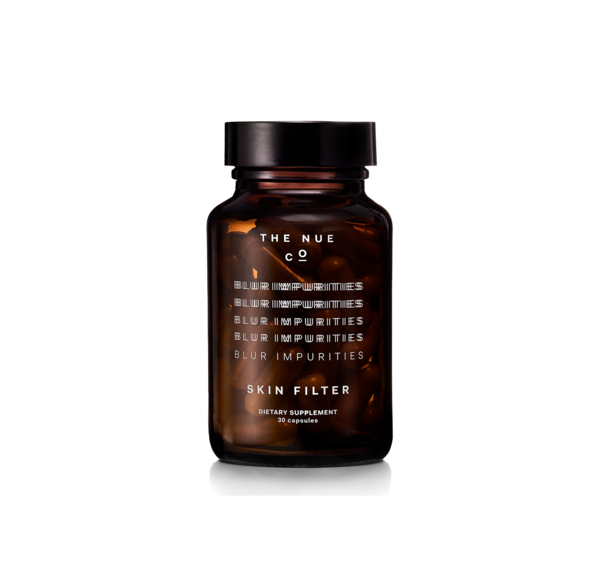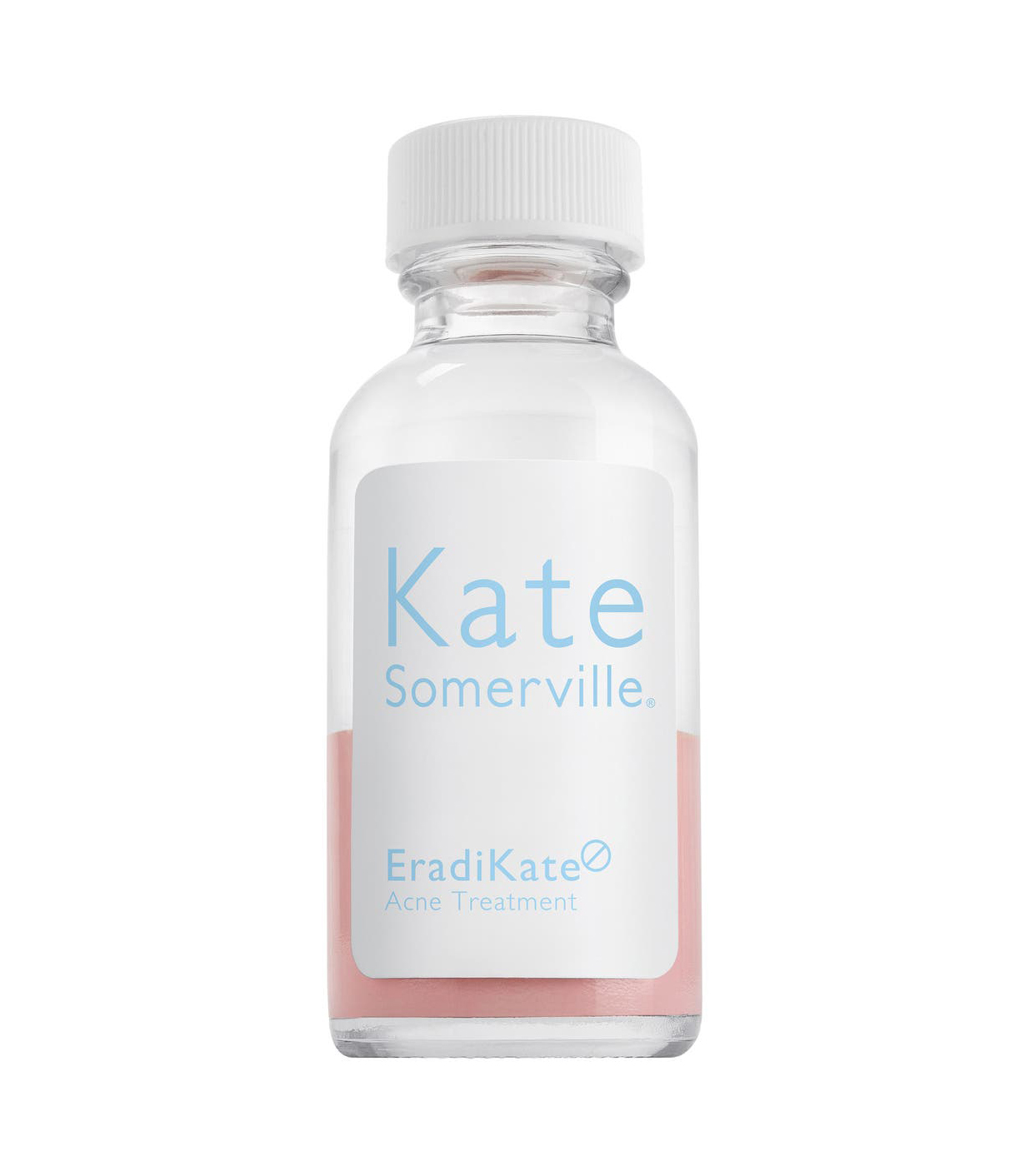This Surprising Supplement Has Acne-Fighting Powers
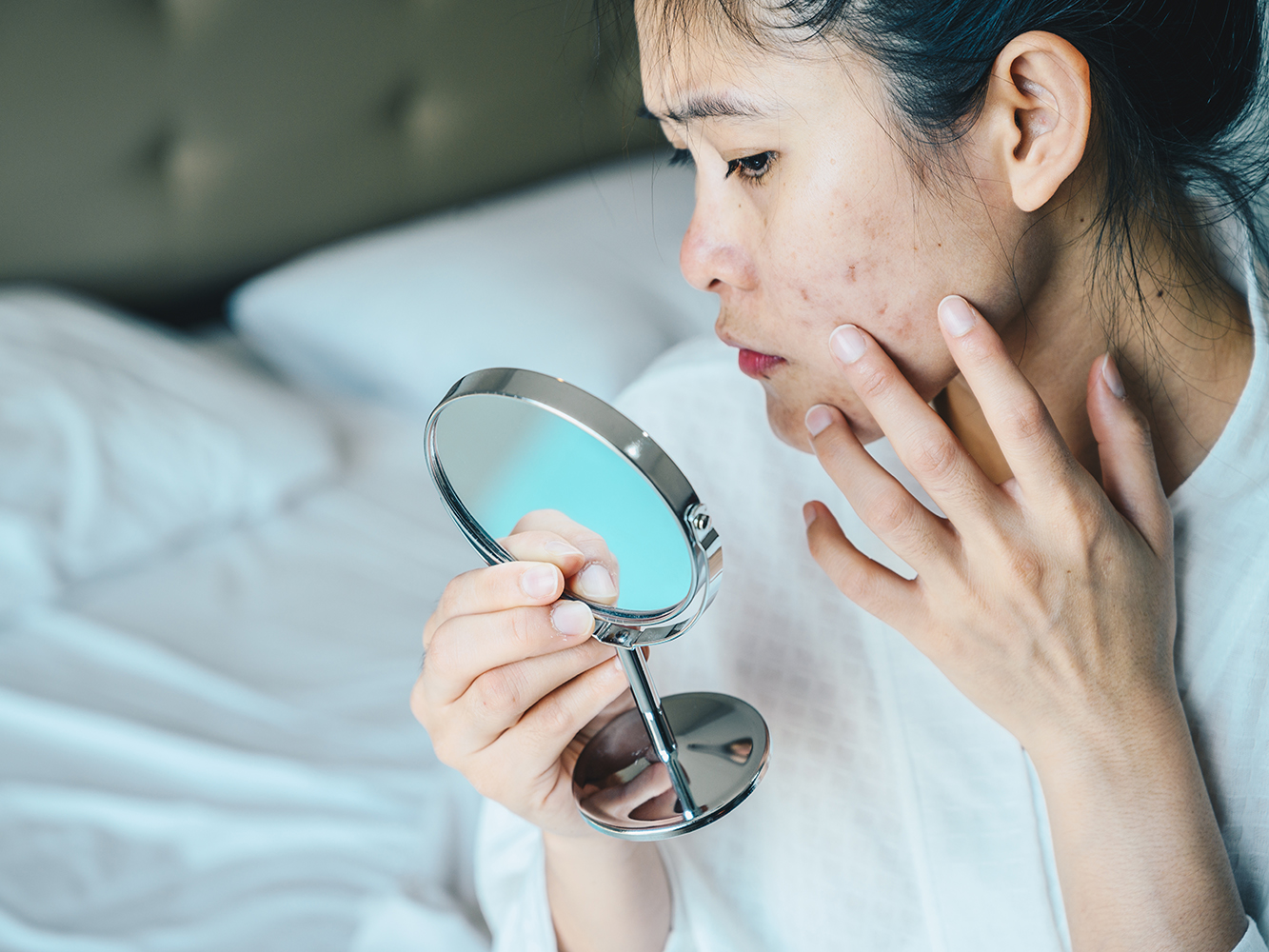
Let me start with the bad news: Unfortunately, there is no miracle cure for acne. You probably already know that, so I'm not exactly revealing anything new here. So yeah, we can't wave a wand (or apply a lotion) that suddenly transforms our skin into the clearest and smoothest it's ever been. But there is a silver lining in all of this. There are a lot of things that can help you keep your acne under control. I mean, have you seen all the acne-fighting skincare products that are available to us in this world? There are a lot.
You can try cleansers and toners or masks and exfoliants. There are pimple patches and spot treatments. The list goes on and on. Plus, it really depends on your specific skin needs. It can take a while (and a dermatologist can help) to figure out what exactly works for you to manage acne.
And the acne fighting isn't just focused on the topical treatments. You can take a holistic approach with your diet and lifestyle, too. Recently, we've been exploring how certain vitamins and supplements can play a role in acne management.
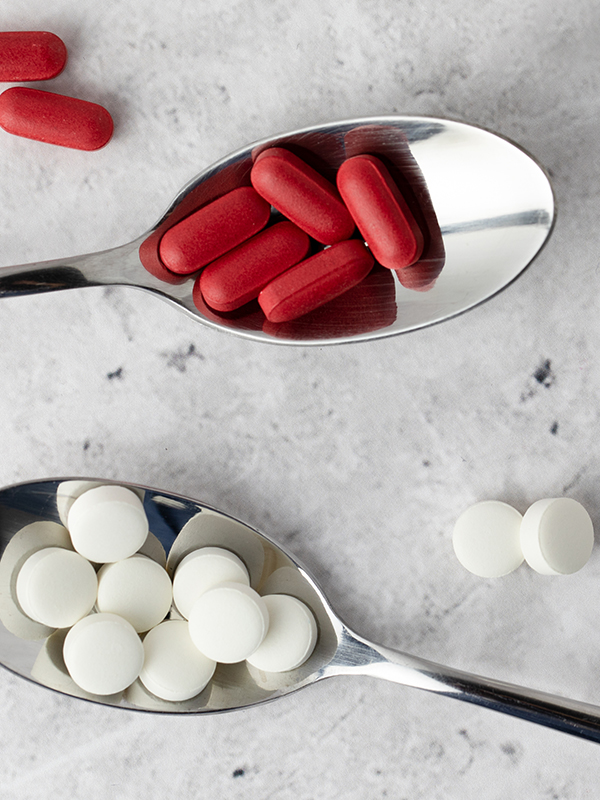
One low-key powerful acne fighter? Zinc. We know zinc is already good for a lot of health reasons, one of the benefits being its ability to boost immune health, but the nutrient has skin benefits, too.
"Zinc is an essential nutrient that's a part of most of the cellular processes in our bodies," explains Ife Rodney, MD, FAAD, of Eternal Dermatology and Aesthetics. "It's involved in DNA synthesis, immune function, reducing inflammation, and much more. Since we don't create zinc, we have to get it through our food or supplements."
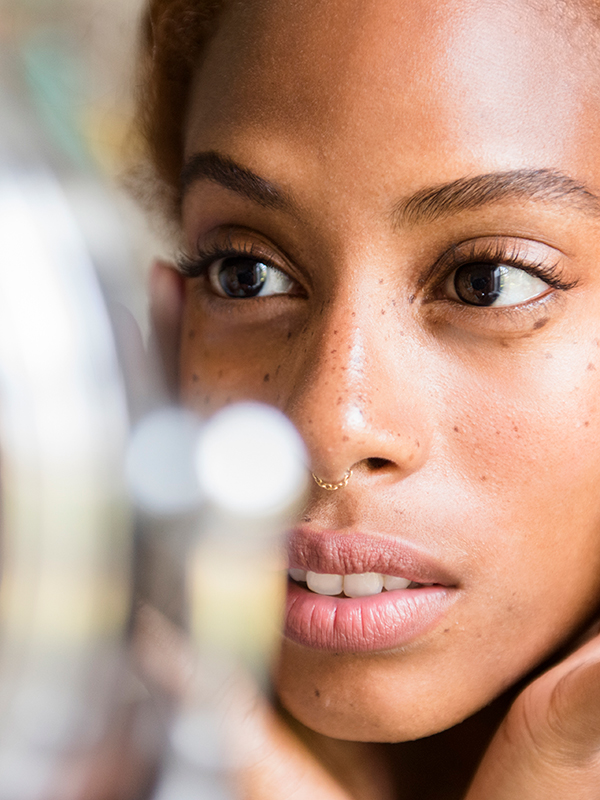
When it comes to its acne-fighting benefits, zinc targets inflammation, which can cause and worsen acne, scarring, and skin discoloration, Rodney says. "You can actually get inflamed acne, which presents as deeply clogged pores with redness and swelling," she adds. "If you don't treat it, you will probably get acne scars. Zinc builds your immune system, which can help fight off the bacterial component of acne. Zinc may also reduce the inflammation that causes redness and swelling."
It's important to note that zinc won't be the be-all and end-all for your acne-prevention plan. Rodney says that it can work alongside other dermatologist-approved treatments and that it shouldn't be the first thing you turn to when trying to solve your acne problems.
The easiest way to take advantage of zinc's acne-targeting properties is through your diet, as the body processes zinc better when ingested orally through food or supplements. "Since your body is more efficient at absorbing zinc through food, a well-balanced diet can help prevent flare-ups," Rodney says. "Make sure your diet contains peas, beans, nuts, seeds (like pumpkin and quinoa), and seafood."
If you want to take zinc supplements, you should consult your healthcare provider first, who can give you personalized recommendations and dosage guidelines. The recommended daily amount of "elemental" zinc is eight milligrams for adult women and 11 milligrams for men. Rodney says it's okay to use zinc supplements as part of your regimen for occasional acne flare-ups—and when considering the advice of your doctor—but it's important to note that there are side effects of taking too much zinc. The supplements alone won't be able to treat constant breakouts or significantly improve acne, but they can help.
"Supplements come in different forms, like zinc sulfate, gluconate, or acetate," she explains. "These forms contain varying amounts of available (or elemental) zinc. So the amount of the zinc supplement that you take would depend on the specific formulation. Although zinc sulfate may cause nausea and upset stomach, it has been shown to reduce the severity of acne. Other formulations like zinc acetate and gluconate may be more easily absorbed in your stomach."
While ingesting zinc orally is the best route to go, you can try topical treatments as well. Rodney recommends Formula 10.0.06's One Smooth Operator Pore Clearing Face Scrub: "This gentle pumice exfoliator combines oatmeal and zinc to soothe inflammation and reduce acne. Some thicker zinc paste preparations can be comedogenic, so I stay clear of those."
Topical zinc products might also help with acne scars. "Studies have shown that the anti-inflammatory properties of zinc can help prevent and reduce deep acne scars. Its antibacterial properties also reduce the acne-causing bacteria P. acnes," Rodney adds.
If you're interested in adding more zinc to your diet or skincare regimen, take a look at some options below, but remember to consult a medical professional who can create a personalized treatment plan for you.
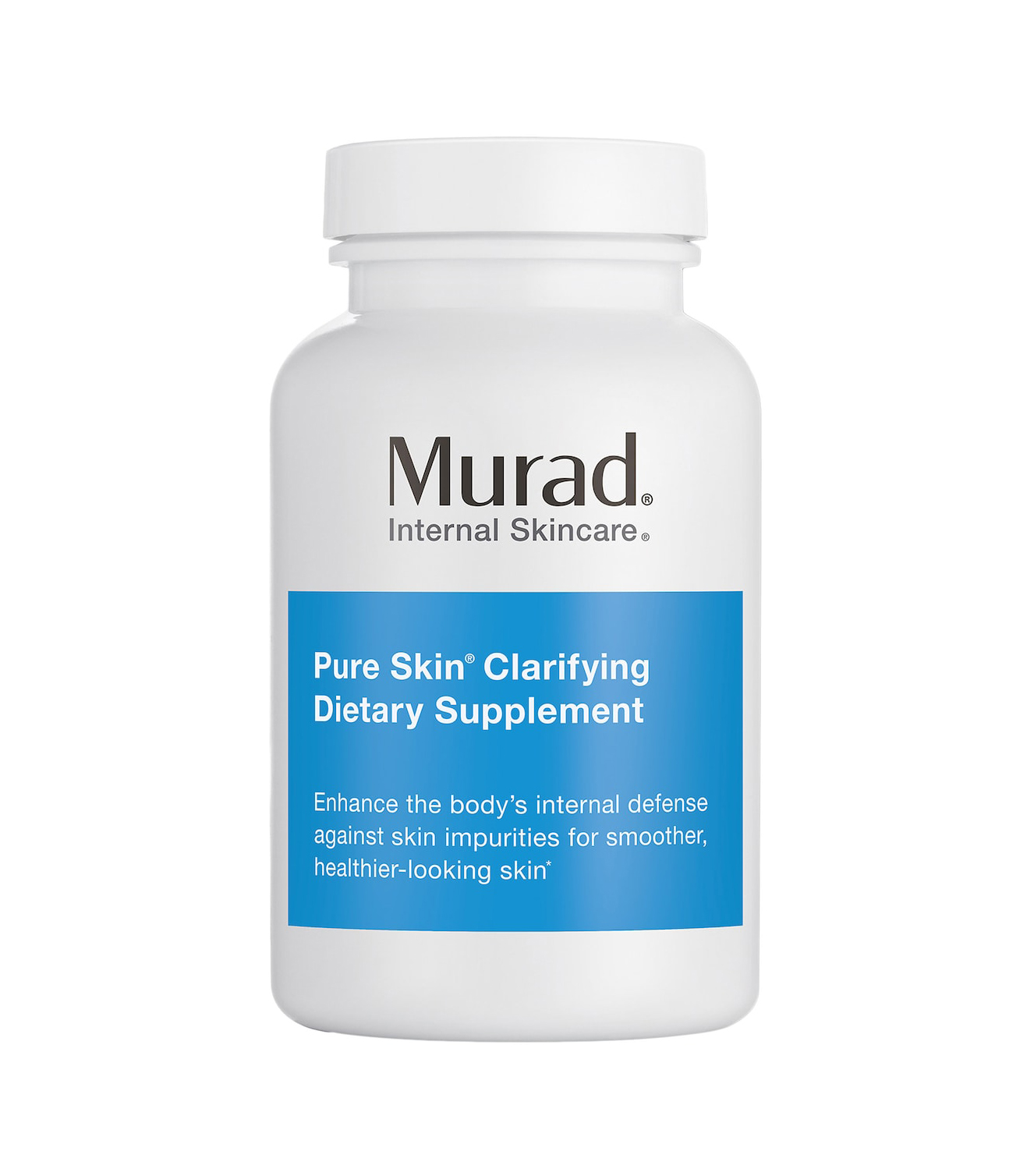
Made for acne-prone skin, this supplement fights blemishes, controls oil production, and minimizes pores.
Next up: No Lie: These Vitamins Will Make Your Hair, Skin, and Nails Flawless
This article is provided for informational purposes only and is not intended to be used in the place of advice of your physician or other medical professionals. You should always consult with your doctor or healthcare provider first with any health-related questions.
Sarah is lifestyle writer and editor with over 10 years of experience covering health and wellness, interior design, food, beauty, and tech. Born and raised in Los Angeles, she attended New York University and lived in New York for 12 years before returning to L.A. in 2019. In addition to her work at Who What Wear, she held editor roles at Apartment Therapy, Real Simple, House Beautiful, Elle Decor, and The Bump (sister site of The Knot). She has a passion for health and wellness, but she especially loves writing about mental health. Her self-care routine consists of five things: a good workout, “me” time on the regular, an intriguing book/podcast/playlist to unwind after a long day, naps, and decorating her home.
